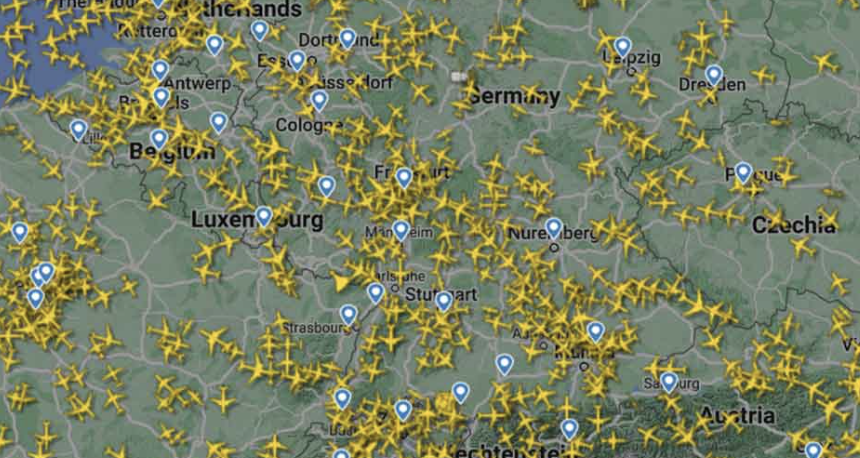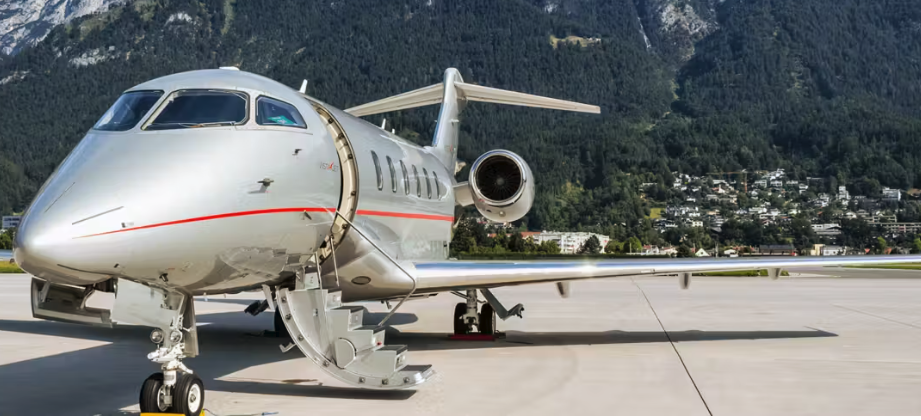Pilot shortage and how it impacts both general and business aviation
In recent years, the aviation industry has been facing a pressing challenge—the pilot shortage. This shortage has rippled across various sectors of aviation, leaving both private and general aviation grappling with its consequences. In this blog post, we'll delve into how the pilot shortage is impacting each of these aviation segments and the measures being taken to address the challenges.
The demand for skilled pilots has been steadily rising, driven by factors such as increased air travel, retirements, and expanding global economies. However, the supply of qualified pilots has struggled to keep pace, resulting in a shortage that has become particularly pronounced in recent years.
Private aviation, synonymous with exclusivity and personalized travel experiences, has not been immune to the pilot shortage predicament. Here's how it's affecting this segment:
- As the demand for private jet charters and fractional ownership increases, finding available and qualified pilots becomes more challenging.
- The scarcity of pilots may lead to increased pilot salaries, potentially impacting the cost of private aviation services.
General aviation, encompassing a wide range of non-commercial flights, including recreational flying and small aircraft operations, is also feeling the pinch of the pilot shortage:
- The shortage affects flight training schools, making it difficult to find instructors to meet the growing demand for new pilots.
- Smaller regional airports and airlines may face disruptions due to the scarcity of pilots, affecting local economies and air travel accessibility.
Both private and general aviation sectors are actively addressing the pilot shortage:
- Airlines, private jet operators, and flight schools are investing in and expanding pilot training programs to meet the growing demand.
- Automation and advanced avionics are being integrated to reduce the number of required crew members on certain flights, mitigating the impact of the shortage.
The Future of Aviation: Charting a Course Forward:
As the aviation industry grapples with the pilot shortage, collaborative efforts between aviation stakeholders, government bodies, and training institutions will play a crucial role in finding sustainable solutions. This includes incentivizing individuals to pursue careers in aviation, streamlining certification processes, and leveraging technology to enhance training efficiency.
‹ Back







